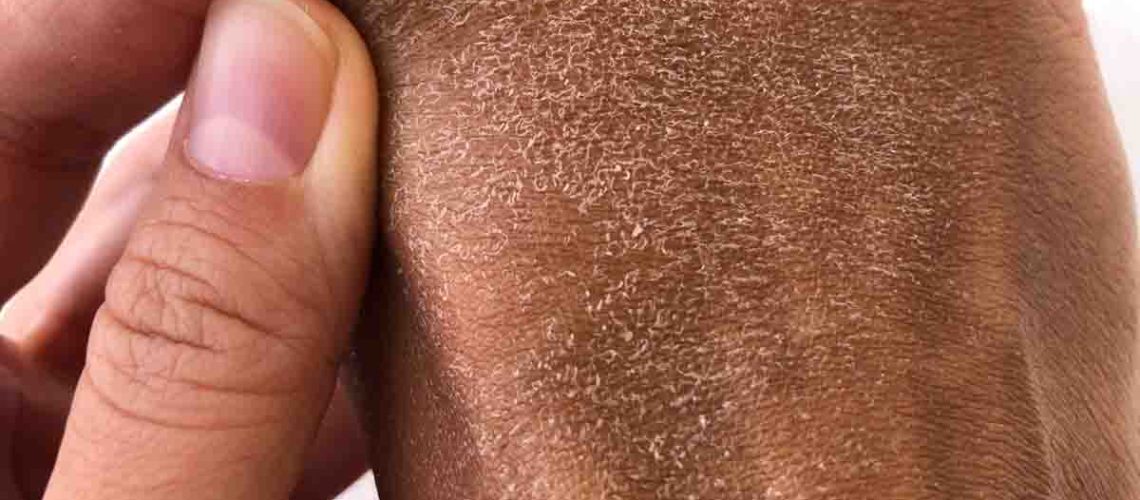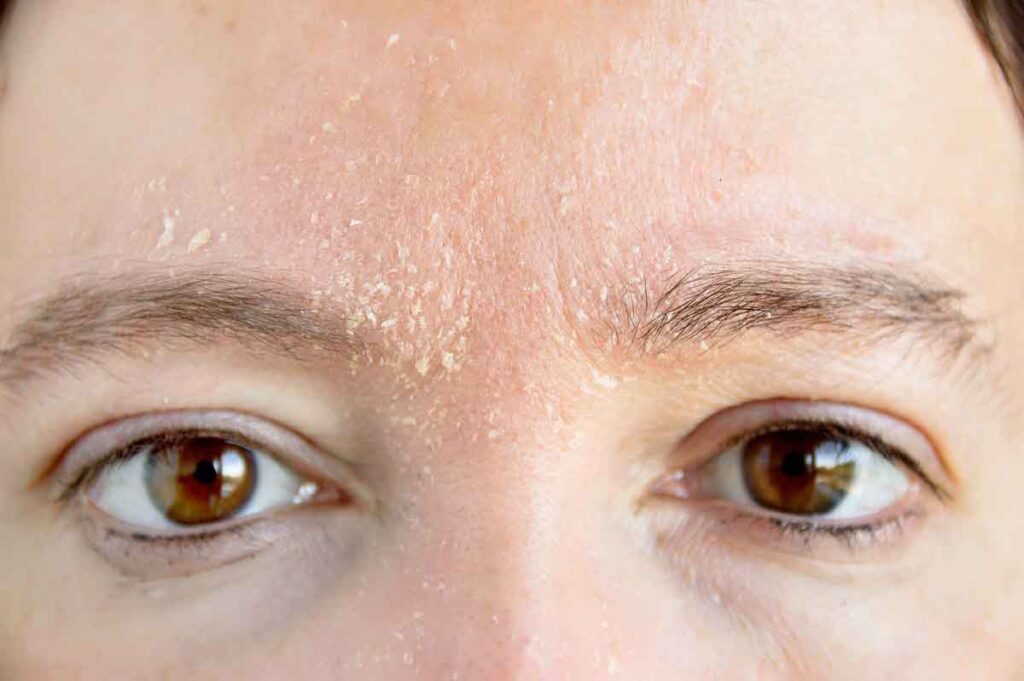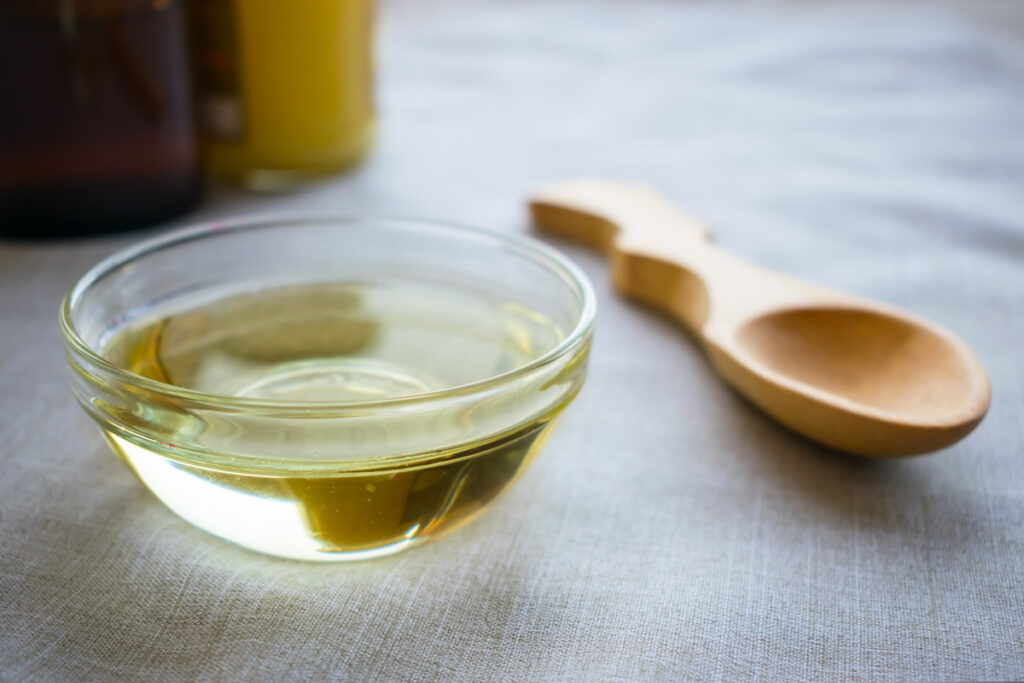
Are you an athlete with ashy skin? It’s not a condition to be ashamed of. It’s pretty standard, but it’s also easily treatable. The key is understanding the root cause and taking steps to treat your ashy skin naturally and effectively.
Your ashy skin is likely caused by excessive sweating and friction on your skin from tight-fitting sports gear, such as compression shorts or running shoes. These conditions can lead to a disruption of the natural oils in your skin, resulting in dryness and irritation.
Fortunately, you can take some easy steps to help beat ashy skin naturally!
In this article, we’ll look at exactly what causes ashy skin in athletes and how you can tackle the issue with natural solutions. We’ll also discuss tips for preventing further irritation and maintaining healthy, smooth skin. Let’s dive right into beating those dreaded ash patches!
You know that your skin takes a beating if you’re an athlete. Whether training in hot and humid conditions or sweating through a competitive game, your skin can quickly become dry and ashy. So why does this happen?
To understand why athletes suffer from ashy skin more than others, it helps to look at the causes. The most common culprit is sweat. Sweat contains salt and minerals that can strip your skin of its natural oils and protective layer, causing it to dry out. This can be exacerbated by harsh soaps, hot showers, and overly-harsh cleansers that strip away too much of the natural oils that form our protective barrier.
Other factors can also contribute to ashy skin in athletes, such as extreme weather changes, environmental pollutants, environmental allergens, and poor diet, all of which can weaken the skin’s ability to stay adequately hydrated. It’s important to remember that the damage done by these factors varies from person to person. That’s why it’s essential to assess your risk factors when treating ashy skin.
As an athlete, you’re probably used to pushing your body to its limits. But sometimes, the rough and tumble-nature of sports can take a toll on your skin. That is why avoiding common skin irritants and focusing on proper skin care is essential.
Here are some of the most common skin irritants that athletes should stay away from:
By taking these precautions, you can help keep your skin healthy and ensure it stays ash-free!
If you’re an athlete dealing with ashy skin, there are some measures you can take to manage the issue. Here are a few best practices for taking care of your skin:
Ashy skin is caused by dryness, so it’s essential to keep your skin hydrated using a daily moisturiser. Look for moisturisers that contain natural ingredients and are intended for athletes. This will help you avoid skin irritation or allergies from synthetic fragrances and dyes

Your skin needs some natural oils to stay healthy and hydrated, so don’t wash with soap every time you sweat. Washing your body once daily with clear water is usually enough if you exercise regularly.
In addition to moisturising, wearing the proper clothing prevents ashy skin. Choose moisture-wicking fabrics that reduce sweat build-up close to the skin’s surface and provide ventilation. Cotton fabrics can be good options if you don’t have access to more breathable activewear materials like spandex or polyester. This helps ensure any sweat near the surface of your body evaporates quickly and won’t cause damaging moisture build-up on your skin’s surface.
Unfortunately, ashiness is a common problem for athletes. So, what can you do about it? Here are our best tips for treating and managing ashy skin:
One of the most important things you can do is moisturise regularly. It would help if you used a heavy-duty moisturiser containing hyaluronic acid or glycerin to help lock in your skin’s moisture. This will help keep your skin hydrated, which is crucial to preventing ashiness.
Apply a Moisturising Sunscreen
A moisturising sunscreen is essential in the fight against ashy skin. Ensure it contains natural oils and waxes that have both emollient and occlusive properties, helping smooth and repair the skin whilst providing a protective layer.
Balmy Fox Sun Protection Cream is a mineral sunscreen formulated using only natural ingredients, including; cocoa butter, berry wax, mango butter and coconut oil.
Another good tip is gently exfoliating your skin with a mild exfoliator once or twice weekly. This will help to remove any dry, dead skin cells that could be contributing to the ashiness. Make sure you only use a gentle exfoliator and avoid scrubbing too hard, which can further irritate your skin and make it even ashy.
Finally, don’t forget to protect yourself from sun exposure. Sunburns can make your skin feel rough and dry and increase ashy patches on your body. Wear long-sleeved shirts, hats and sunscreen when heading outdoors for sports or workouts.
When battling ashy skin, you might think using a chemical-laden product is the only way. But believe it or not, you can try many natural remedies that won’t hurt your wallet. Here are some that may help.
Coconut oil is excellent for athletes because it hydrates the skin and locks in moisture – two essential things when fighting ashy skin. Plus, coconut oil has antifungal and antibacterial properties that help reduce inflammation caused by damage to the skin’s surface. So slather coconut oil on your skin after a shower or bedtime – you’ll thank yourself!
Cocoa butter, a natural fat derived from cocoa beans, offers numerous skincare benefits. Its rich fatty acid content makes it highly moisturising, which helps hydrate and nourish the skin. Its antioxidant properties combat free radicals, reducing signs of ageing and promoting a youthful complexion.
Additionally, cocoa butter creates a protective barrier on the skin, locking in moisture and soothing irritation. Known for its ability to improve skin elasticity, it helps prevent and reduce the appearance of stretch marks and scars.

Berry wax, derived from various berry fruit peels, offers multiple benefits in natural skincare. Its emollient properties help soften and moisturize the skin, improving its texture and hydration levels. Rich in antioxidants, it protects the skin from environmental damage and promotes a healthy, youthful complexion. Its plant-based composition is suitable for sensitive skin, reducing the risk of irritation. Berry wax also acts as a natural thickener and stabilizer in skincare formulations, ensuring a smooth and luxurious consistency in creams, balms, and lotions.
Moisturisers and ointments can often help athletes to control ashy skin. But not all moisturisers and creams will work the same, so it’s essential to understand their differences.
Moisturisers typically contain ingredients that help to attract and hold onto water, helping to make your skin less dry. Some of the most common moisturiser ingredients are glycerin, lipids, and ceramides, all of which help prevent moisture loss. When applying a moisturiser, look for oil-free to avoid blocking your pores.
Balms are thicker than moisturisers, so they tend to stay on longer. They also offer more protection from dehydrating elements like wind, sun exposure, and dry air. People with sensitive skin may be better off using a balm because they contain fewer preservatives than a lotion or cream does, which could make them less irritating on your skin.
It’s essential to get to the root of the problem when dealing with ashy skin, so if you are an athlete, incorporate a regular sweat session and drink plenty of water. But also look into your diet and skincare routine to ensure you get all the nutrients and hydration your skin needs.
Finally, avoid too much sun exposure, which tends to worsen ashy skin. With sweat, water, skincare, and sun protection, your complexion will be much smoother. You’ll be able to focus on your athletic performance without the distraction of uncomfortable, dry skin.